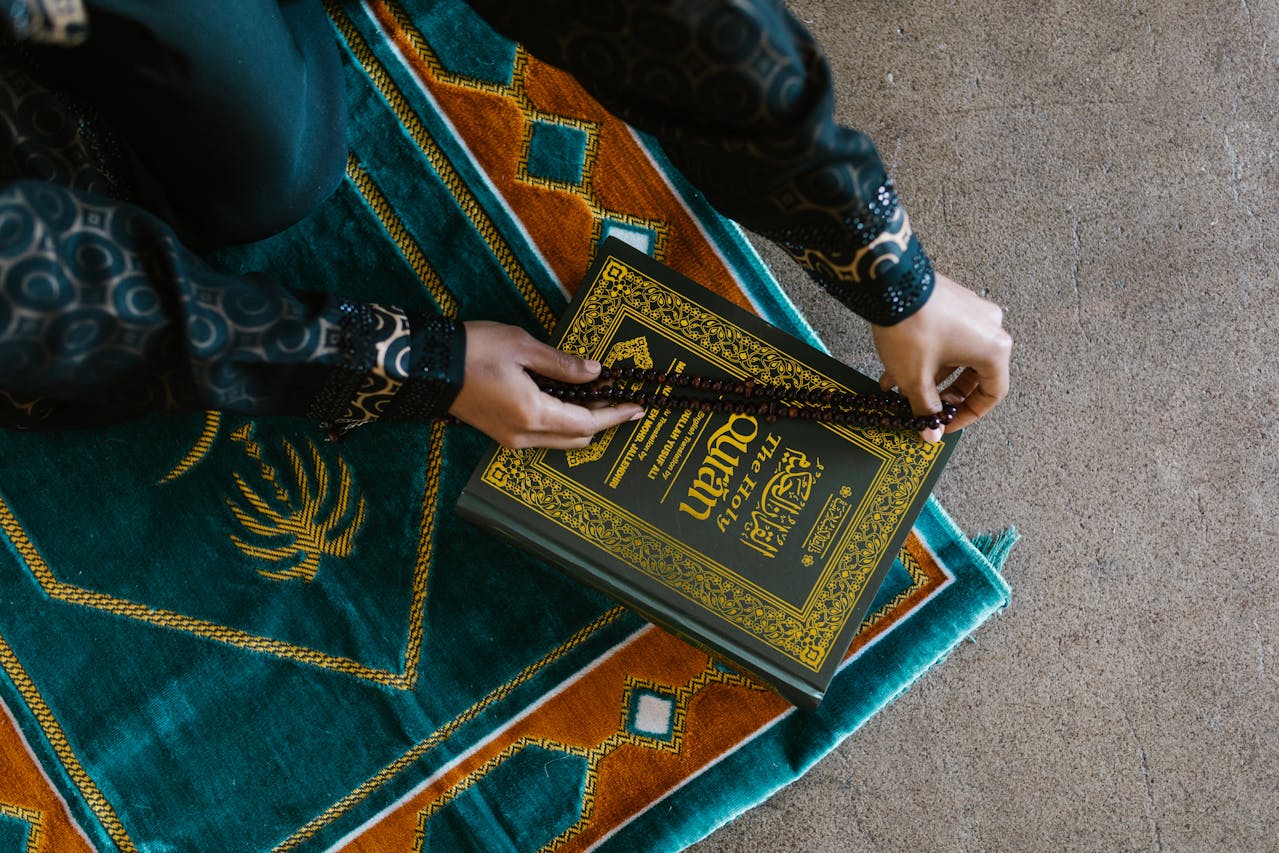Islamic Will Writing: A Step-by-Step Beginner's Guide

“It is not permissible for any Muslim who has something to will to stay for two nights without having his last will written and kept ready with him.”
Prophet Muhammad (peace be upon him), Sahih Bukhari
Why Every Muslim Needs a Will
Writing a will (wasiyyah) is not just a legal formality, it is a religious obligation. In Islam, we are taught to prepare for the Hereafter with the same care that we prepare for this world. One of the most essential preparations is ensuring that our estate is distributed justly and according to Shariah after our death.
This guide is designed to be a clear and accessible starting point for anyone unfamiliar with Islamic will writing. Whether you have a complex estate or just a few belongings, taking the first step is what counts.
1. Understand Islamic Inheritance Rules
Islamic inheritance law is based on divine instruction and cannot be overridden. Your estate must be divided among your legal heirs (such as spouse, children, parents, siblings) according to fixed shares outlined in the Qur’an (Surah An-Nisa, 4:11-14).
You are, however, allowed to allocate up to one-third of your estate as you choose — this is known as the wasiyyah. You may leave this to non-heirs, charitable causes, or others who are not already entitled to a share.
Try this online calculator to get a rough idea of the distribution:
https://www.islamicinheritance.co.uk/calculator/
2. List Your Assets and Liabilities
A clear list helps your executors handle your estate efficiently. Include:
– Properties (house, land, rental income)
– Cash savings and bank accounts
– Pension funds, shares, or ISAs
– Vehicles, jewelry, and personal belongings
– Debts owed to or by you
– Missed Zakat, Kaffarah, Fidya, Hajj dues
Tip: Funeral costs and debts are paid before inheritance is distributed.
3. Appoint Executors
Executors are trusted individuals who will manage your estate and ensure your wishes are fulfilled. You can appoint:
– A trusted family member or friend
– A solicitor
– An Islamic will-writing service provider
It’s recommended to name two executors in case one is unavailable.
4. Decide on the One-Third (Wasiyyah)
This is your opportunity to leave a personal legacy. The wasiyyah portion (up to 33%) can go to:
– Charity (e.g., building a well, sponsoring an orphan)
– A non-Muslim friend or relative
– A student in need
– An Islamic cause
Note: You cannot allocate this portion to Quranic heirs unless other heirs consent after your death.
5. Appoint Guardians for Your Children
If you have minor children, name guardians who share your faith and values. You can also include specific wishes around their education, religious upbringing, and care.
6. Legal Validity in the UK
To ensure your Islamic will is upheld under UK law:
– It must be in writing
– Signed by you
– Witnessed by two adults (not beneficiaries)
– Dated and structured
For peace of mind, consult a solicitor who understands both Islamic and English legal systems.
7. Store It Safely
– Keep a copy with your executor
– Inform your family of its location
– Store a copy with a solicitor or secure digital storage
You may also register your will officially for safekeeping.
Sample Islamic Will Template (Basic Example)
1. Name of the Testator:
_________________________
2. Address:
_________________________
3. Date of Will:
_________________________
4. Appointed Executors:
– Name 1: ___________________
– Name 2: ___________________
5. Funeral Instructions:
I request to be given a full Islamic burial, to be washed and shrouded according to the Sunnah and buried as soon as possible.
6. Debts and Religious Obligations:
Please pay off any outstanding debts, missed Zakat, Kaffarah, or Hajj obligations from my estate.
7. One-Third Bequest (Wasiyyah):
I bequeath the following:
– 10% to [Charity Name]
– 10% to [Person or Cause]
– 13% to [Other Purpose]
8. Fixed Inheritance:
The remainder of my estate should be divided according to the Islamic law of inheritance.
9. Guardians for Children:
If I pass while my children are minors, I appoint the following guardian(s):
– __________________________
10. Signature of Testator: ______________________
11. Witness Signatures:
– Witness 1: ______________________
– Witness 2: ______________________
Organisations That Can Help
Here are some trusted organisations that provide Islamic will writing services in the UK:
– Islamic Finance Guru: https://www.islamicfinanceguru.com/islamic-will
– Muslim Family Initiative: https://www.muslimfamilyinitiative.com/islamic-wills
– National Wills: https://www.nationalwills.org/islamic-wills/
– Farani Taylor Solicitors: https://faranitaylor.com/islamic-wills/
Final Words
Writing your will is an act of care for your family, your faith, and your future. Even a simple will can offer peace of mind, protect your loved ones, and ensure your wealth is distributed by divine guidance.
For further support, contact us at the Muslim Bereavement Hub.
This guide is for educational purposes only and does not constitute legal advice. For detailed legal assistance, consult a qualified solicitor.